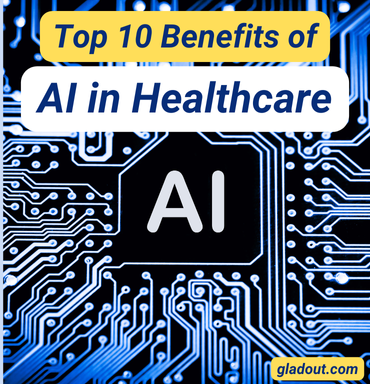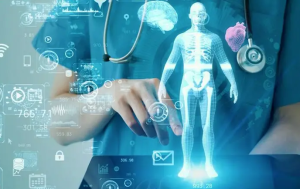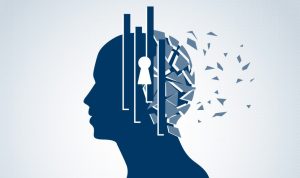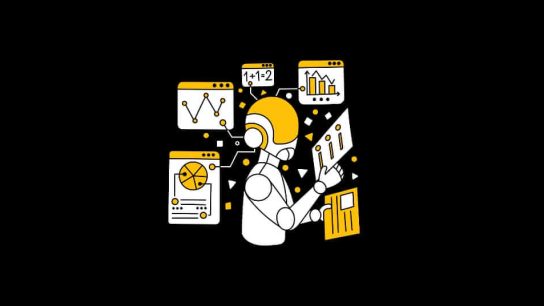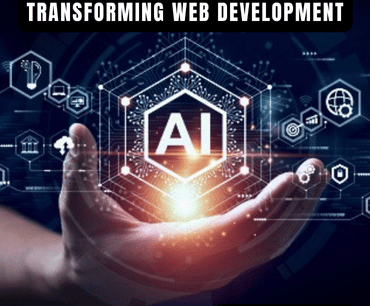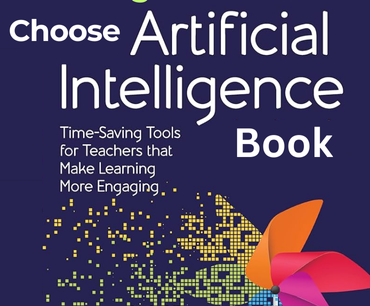10 Benefits of Artificial Intelligence in Healthcare
Introduction
The healthcare industry is advancing incredibly, and artificial intelligence (AI) is playing a key role in this transformation.
By assisting doctors, researchers, and healthcare systems, AI is helping save lives and improve patient care. Countries like the UK and USA are leading this revolution, using AI to solve complex medical challenges. From diagnosing diseases to streamlining hospital operations, the impact of AI is profound.
In this article, we’ll uncover 10 benefits of artificial intelligence in healthcare, highlighting how it’s shaping a smarter, healthier future.
Read More: How to Write a Google Review on iPhone
1. AI Improves Disease Diagnosis
Diagnosing illnesses accurately and quickly can make all the difference in saving lives, and AI is proving to be a powerful tool in this area.
- How it works: AI algorithms analyze medical images like X-rays and MRIs with astonishing accuracy. They can identify early signs of conditions such as cancer, heart disease, or even rare genetic disorders.
- Real-world example: In the UK, AI-powered diagnostic tools in NHS hospitals have reduced the time it takes to detect breast cancer, ensuring patients receive timely treatment.
2. Tailored Treatments for Patients
Since no two patients are same, why should their care be the same? AI enables individualized medical care.
- How AI helps: By studying a person’s genetics, health history, and lifestyle, AI systems suggest treatments that are most likely to work.
- Impact: In the USA, AI has revolutionized oncology by offering tailored chemotherapy plans, reducing side effects and improving recovery rates.
3. 24/7 Patient Monitoring
AI-powered devices keep an eye on patients’ health around the clock, providing peace of mind to doctors and families.
- Example devices: Wearables like smartwatches monitor vital signs, such as heart rate and oxygen levels.
- Who benefits: Elderly patients in the UK and those with chronic illnesses in the USA can avoid hospital visits by using these AI tools at home.
4. Reducing Healthcare Costs
AI doesn’t just improve care—it makes it more affordable.
- How: AI reduces unnecessary procedures, improves operational efficiency, and minimizes errors.
- UK example: By adopting AI for administrative tasks, the NHS saves millions annually, which can be reinvested in patient care.
5. Accelerated Drug Development
Developing new medicines can take years, but AI is speeding up the process significantly.
- How AI works: By analyzing millions of data points, AI identifies potential drug candidates faster than traditional research methods.
- Global impact: During the COVID-19 pandemic, AI helped researchers develop vaccines in record time.
Read More: How to Exclude Words from Google Search
6. Better Access to Mental Health Care
Mental health often takes a backseat in traditional healthcare, but AI is changing that.
- How AI helps: Chatbots and virtual assistants offer mental health support, providing therapy and resources to people in need.
- Apps making a difference: UK users rely on platforms like Wysa for stress management, while similar tools are popular in the USA for addressing anxiety and depression.
7. Smarter Hospital Systems
Hospitals are busy places, but AI makes them run more smoothly.
- What it does: AI schedules appointments, manages patient flow, and tracks inventory efficiently.
- Real-world benefits: Hospitals in the UK report reduced waiting times, while US facilities have cut down on administrative errors thanks to AI tools.
8. Remote Healthcare for Rural Areas
AI bridges the gap between patients and doctors, no matter where they live.
- How: Telemedicine platforms use AI to analyze symptoms and connect patients to the right specialists.
- Why it matters: In rural parts of the UK and USA, patients no longer need to travel long distances to receive high-quality care.
9. Precision in Surgeries
AI is changing the way surgeries are performed, making them safer and more effective.
- Benefits: Robotic systems powered by AI enhance a surgeon’s skills, allowing for minimally invasive procedures.
- Success stories: In the USA, AI-assisted robots have been used for heart surgeries with outstanding results, and similar technologies are gaining traction in the UK.
10. Proactive Disease Prevention
Prevention is better than cure, and AI helps doctors predict health risks before they become problems.
- What AI does: By analyzing a patient’s health data, it identifies patterns that indicate potential issues like diabetes or heart disease.
- Impact: AI tools in the UK and USA empower patients to take preventive measures, leading to healthier populations.
Conclusion
AI is not just a buzzword—it’s a game-changer for healthcare in the UK, USA, and beyond. From saving lives through faster diagnoses to reducing costs and improving accessibility, its benefits are clear. However, as with any powerful technology, ethical considerations and patient privacy must be prioritized. By embracing AI responsibly, we can build a future where healthcare is smarter, more efficient, and accessible to all.

